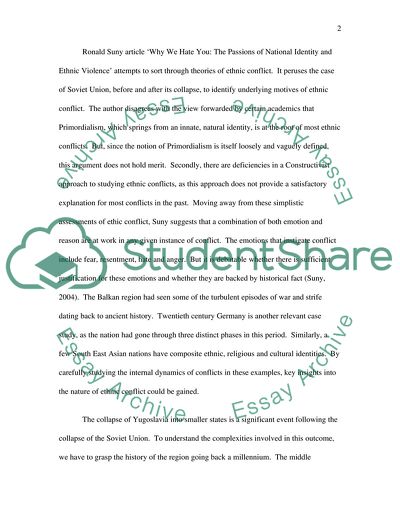Cite this document
(“Ethnic Conflict and Multiculturalism Essay Example | Topics and Well Written Essays - 3000 words”, n.d.)
Retrieved from https://studentshare.org/social-science/1556183-ethnic-conflict-and-multiculturalism
Retrieved from https://studentshare.org/social-science/1556183-ethnic-conflict-and-multiculturalism
(Ethnic Conflict and Multiculturalism Essay Example | Topics and Well Written Essays - 3000 Words)
https://studentshare.org/social-science/1556183-ethnic-conflict-and-multiculturalism.
https://studentshare.org/social-science/1556183-ethnic-conflict-and-multiculturalism.
“Ethnic Conflict and Multiculturalism Essay Example | Topics and Well Written Essays - 3000 Words”, n.d. https://studentshare.org/social-science/1556183-ethnic-conflict-and-multiculturalism.


